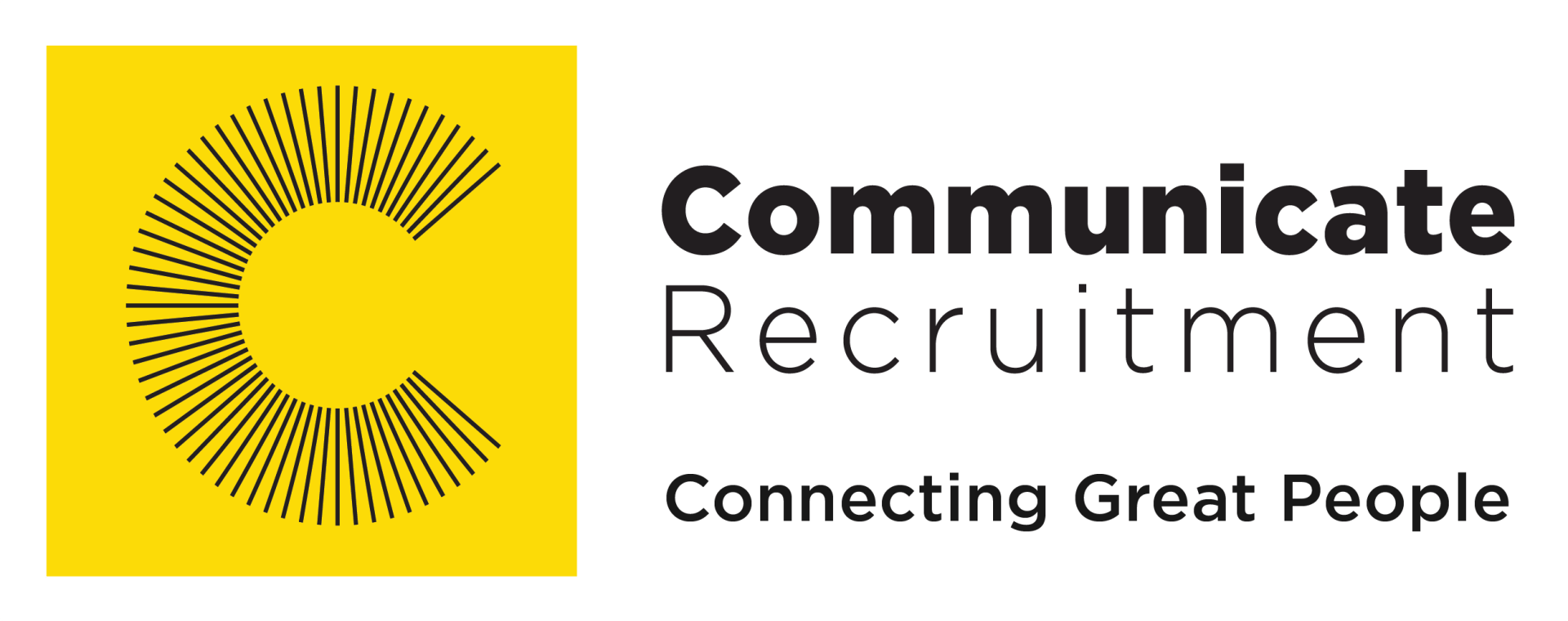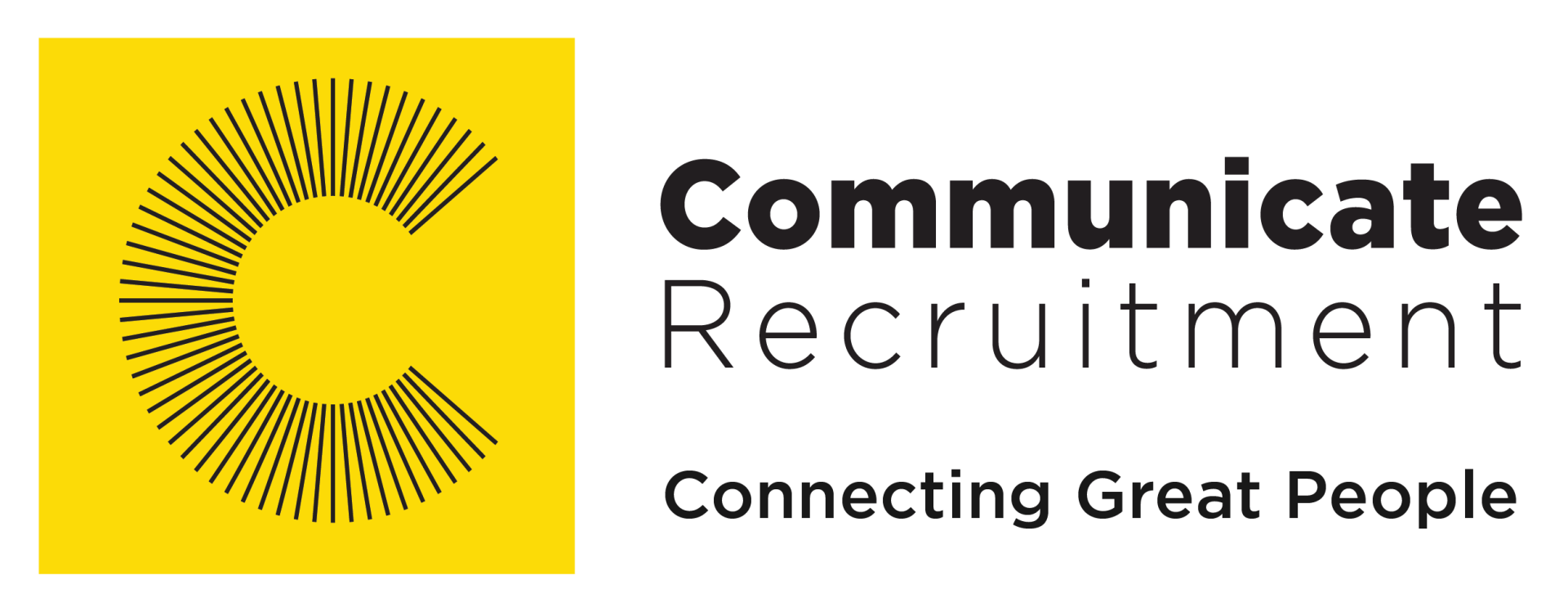Accountants and Ethics in the Workplace
Irrespective of where you work and who you are, ethical practices are important in every single workplace. However, the spotlight seems to shine more on the finance and accounting industry. Although one could argue that ethics are more important in public companies because they affect shareholders, and even a broader area of the market due to participation in stock exchanges, unethical accounting practices in private companies still do harm to business.
Ethical accounting is related to several forms of public good, including preventing illegal activities such as money laundering and tax evasion.
In South Africa, some people in the corporate industry and in government has found themselves caught in the money-laundering web and this news took the media by storm. Up to date, these professionals has been facing increased pressure from regulators and the public in the wake of scandals over the last few years.
It is extremely important for accounting professionals to be ethical in their practices due to the very nature of their profession. The nature of accountants’ work puts them in a special position of trust in relation to their clients, employers and general public, who rely on their professional judgment and guidance in making decisions. As an accountant, you wouldn’t want the trust relationship to be jeopardised in any way.
Your Personal Reputation
Getting hired depends on more than skills. How you present your image and experience is what they call in the finance industry, your personal brand.
This may seem less applicable for finance and accounting jobs than careers in acting or politics, but personal branding can be valuable in any line of work. After all, standing out from the crowd is what personal branding is all about, and that’s a plus in any industry. Personal branding has stepped up to be a key consideration within your career and it is essential to invest time and effort in how you choose to present yourself. It could make the difference between you being very successful in your career or not.
Maintaining Confidentiality
Accountants are given a large amount of trust with personal information. It is imperative that an accountant be able to keep this information confidential. If a supplier’s personal information gets out, it could lead to theft of assets and a possibility of a lawsuit. In order to avoid this type of situation, which would at the least ruin the professional reputation and the also get the business name dragged through the mud, accountants must take steps to protect information, including bank account numbers and tax files to name a few. Examples of these steps include limiting file access, coding computers and servers and avoid discussing information with co-workers or friends.
Conflict of Interest
A professional accountant who is in practice may be confronted with a of conflict of interest when he or she carries out a professional service. Examples of situations in which conflicts of interest may arise includes:
- If one of the managers in one of your departments at work asks you to ‘cook the books’ because an audit is soon to be done in the company and they somehow messed up, this is always a difficult dilemma to face.
- Fraud tendering seems to be the cherry on the cake. For example, if there is a tender contract out and you give the job to someone because he or she is a friend or family, this is definitely seen as conflict of interest.
Financial Reporting
This is perhaps the most common area in which ethics in accounting come into play. How you record information can echo throughout your firm and beyond. It can mean the difference between one department showing a profit, another showing a loss. It can even impact stock prices. Sure, legal laws are a good guide, but many laws have gaps. Is it ethical to take advantage of them, say, by moving around numbers to meet certain revenue criteria? After all, you wouldn’t be breaking any rules, but what about the essence of the rules?
In the end, only you can figure out the best road to take, but to help steer you, consider consulting the ethical codes developed by professional organizations. You don’t have to be a member to benefit from the advice.
No matter what industry or business, you need to take full responsibility to uphold the highest standards of ethics and professionalism.
If you’re looking to get hired as an accounting professional, we can assist. With years of specializing in the finance industry, we understand the market and know what is required from South Africa’s top companies. Visit our website and apply now.





